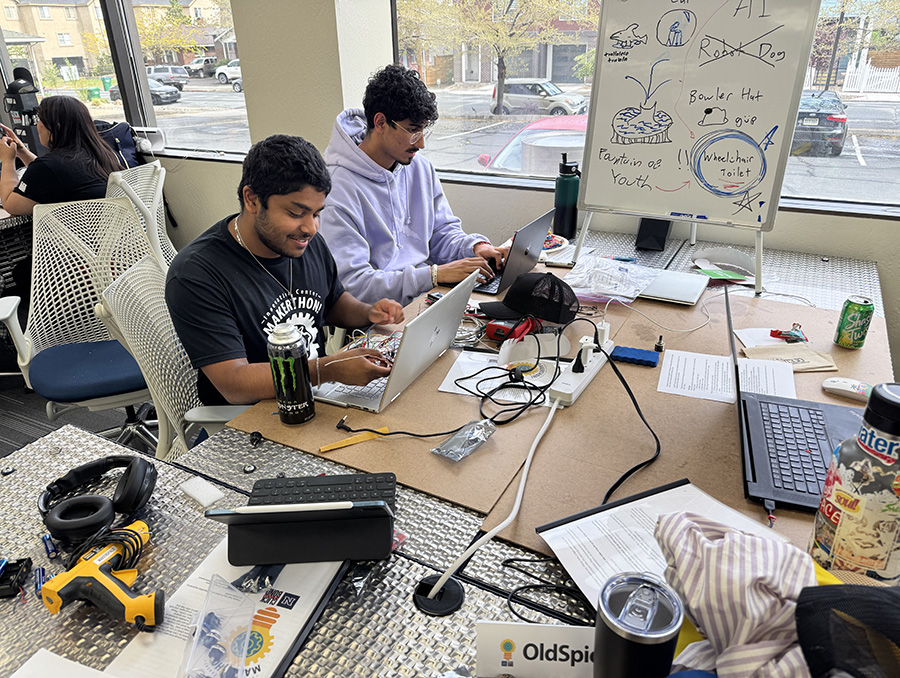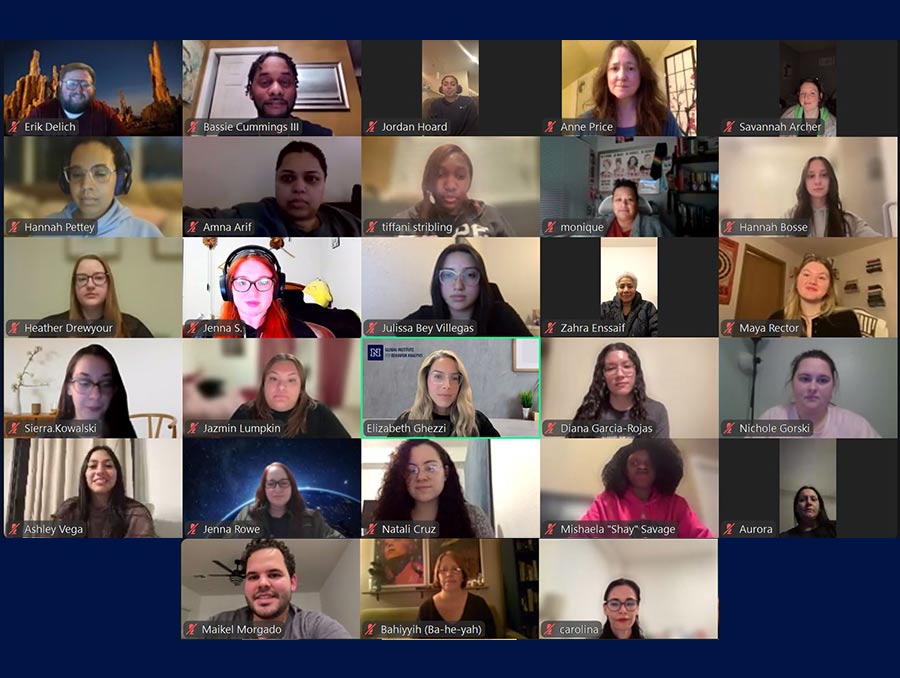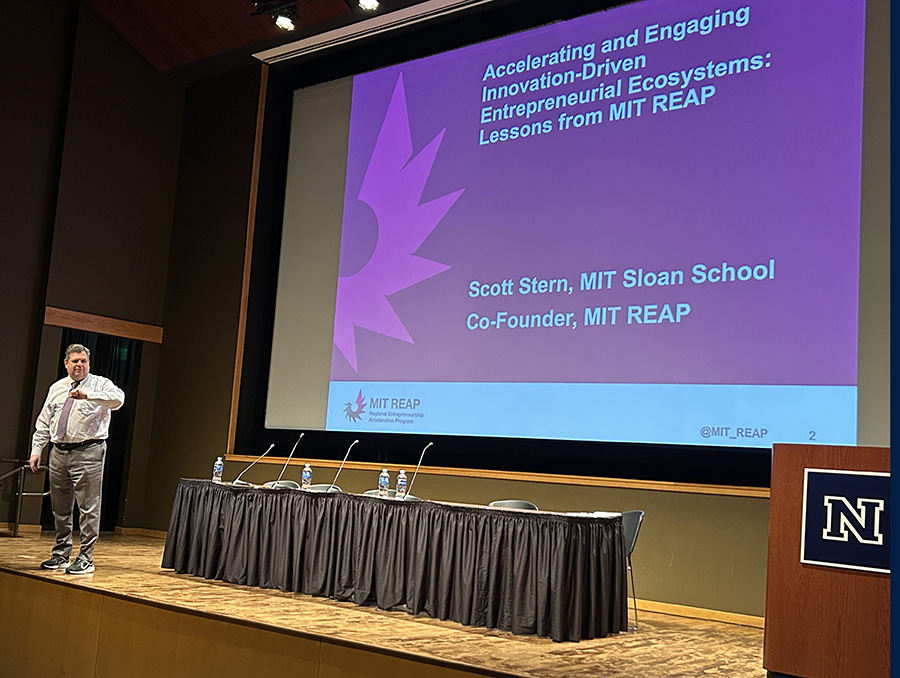The Department of Nutrition is offering Food and Nutritional Toxicology (NUTR 424/624) as an elective this fall. The course will take an in-depth look at toxicants found in foods. Food and nutritional toxicology is the field devoted to studying the chemicals in food, particularly those that have the potential of producing adverse health effects.
Most of us think of food as that which sustains life, and as such, we have the notion that food is an uncomplicated, pure source of essential nutrients. However, food is comprised of an array of chemicals, naturally, and not all of these chemicals enhance nutrient value. In fact, some chemicals decrease the nutritional value or, worse yet, can be toxic. Additionally, some chemicals that are beneficial in smaller amounts become toxic if larger amounts are consumed.
“It’s a complex field,” said Nutrition Professor Stan Omaye, who will teach the course. “Chemicals in food interact with body fluids and other components of the diet, and it’s those interactions that may have either beneficial or harmful effects.”
Some of the topics the course will cover include:
- The general principles of toxicology, including methods for food safety assessment and biochemical/physiologic interactions and effects of food toxicants
- Foodborne intoxications and infections, and consideration of diseases linked to foods
- Prevention of foodborne illnesses
- The regulation of food safety
- The role of environment, genetics and epigenetics (gene expression) in toxicology
“This course has something to offer any student who has an interest in food, regardless of their major,” said Nutrition Department Chair Jamie Benedict.
For more information, email Omaye.
















